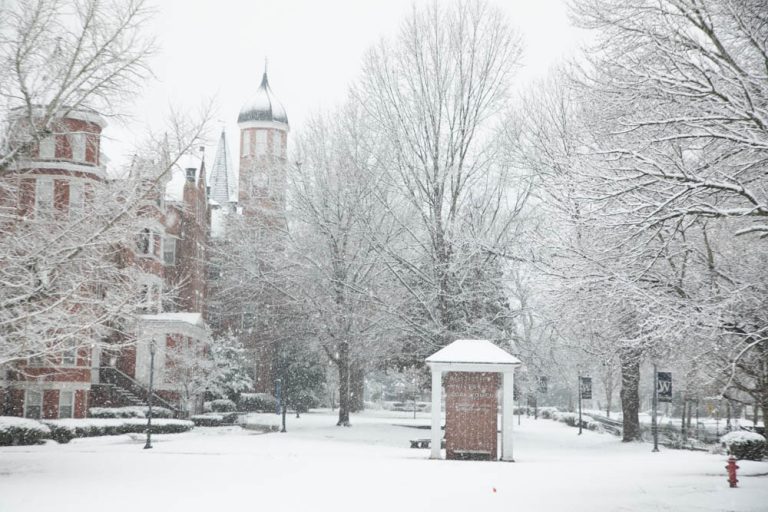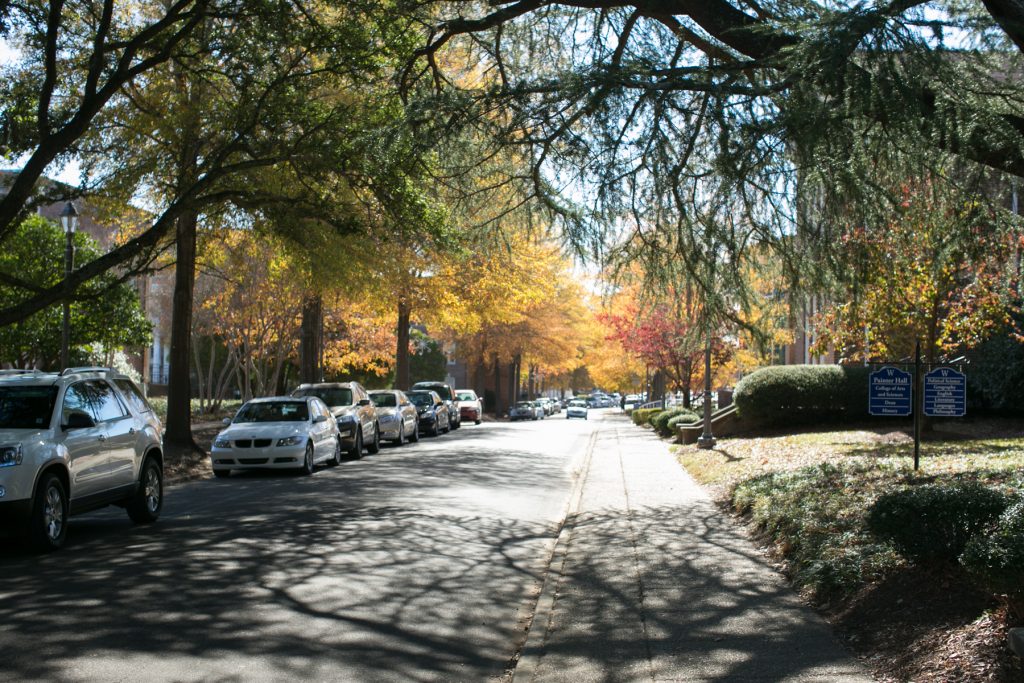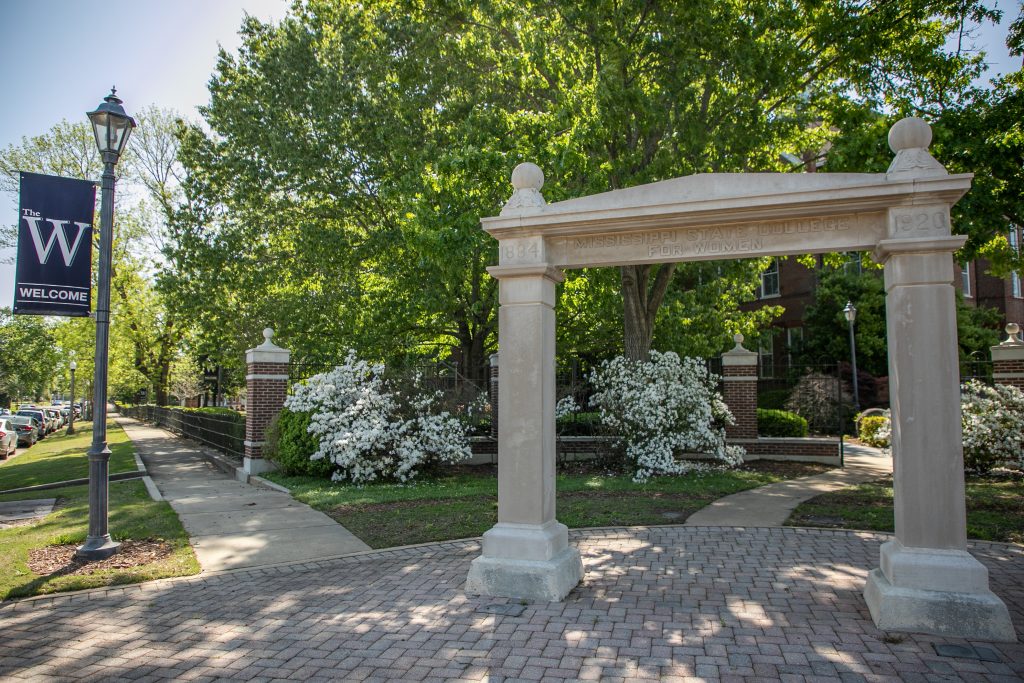The W Difference
Why Choose The W?
There are many low-residency writing programs to choose from, and most combine some form of distance learning with an intense personalized experience during residency periods, often at the end of each semester. Programs like ours are especially geared towards students who are already active in a career or who have family obligations that do not allow them to uproot and move to a new location to attend a resident MFA program. When designing The W's low-residency program, we wanted to make use of the latest developments in online education to create a program that is flexible, professional, personal, and affordable.
Flexible
The W's MFA program is more flexible than most low-residency MFA's because we treat residency periods as separate classes. In many programs, the residency is the culmination of the semester's classes, which means that students are required to attend a residency every semester. With our model, students are required to attend at least two short residency classes and two full residency classes and may count up to 3 more credits of residency classes toward their degree. This allows us to schedule short residency classes at different times of the year. We plan to always offer one in October in conjunction with the Eudora Welty Writers' Symposium, and one in the summer right before or after the Full Residency class in late May or early June for students who want to save on travel costs. We may also offer short residencies in conjunction with the AWP Conference or at other times when students and faculty organize one. Since students aren't required to attend every short residency, they can choose when to come to campus.
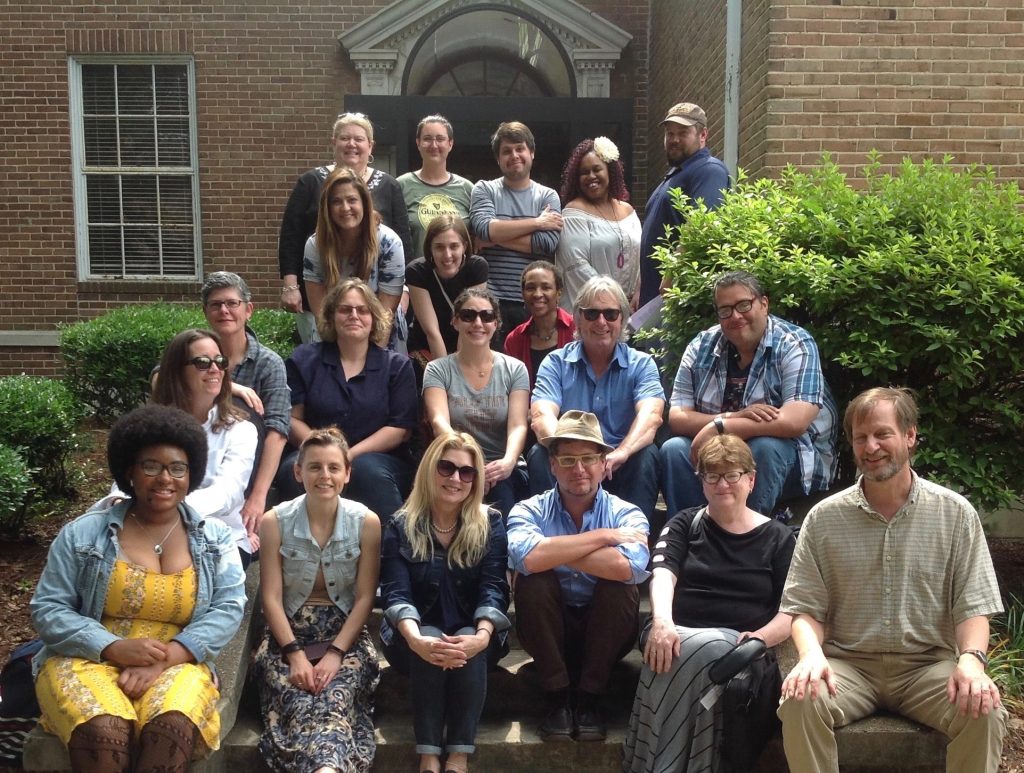
Another way The W's MFA program is flexible is in our balance of requirements. With 12 hours of workshop courses, 12 hours of literature or forms classes, and 12 hours of electives, students can plan their program to emphasize one or more genres. Students whose goal is to teach writing at the university level will be encouraged to take at least 18 hours of literature and forms classes, whereas students whose goal is to enter publishing or another writing-related field may choose to concentrate more on workshop classes. Students may also apply Residency, Internship, or Literary Magazine Production hours to their elective requirements, shaping the program of study that is best for them.
Finally, by including cross-genre and mixed-genre experiences, The W's program encourages students to be flexible in their writing. All residency periods involve mixed-genre experiences. Poets, fiction writers, nonfiction writers, and playwrights will work together and discuss each other's work. The short residency classes often focus on another art form or another subject such as history, food, or the environment. Creative writers do not work in a vacuum. We are influenced by other art forms and a broad range of experience. Workshop classes in New Media and Translation also encourage cross-genre writing, and students under the direction of their committee may submit a mixed-genre collection as their thesis.
Professional
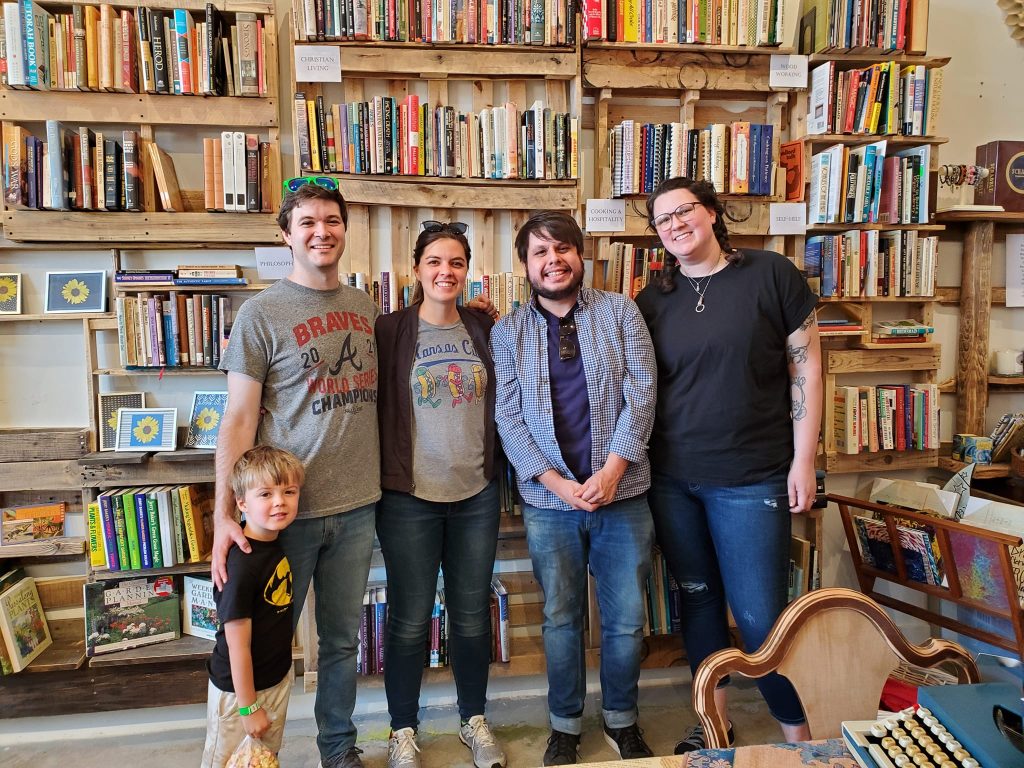
One of the goals of any MFA program is to graduate professional writers who are highly skilled at their craft. We believe that, besides honing your craft as a writer, it is our responsibility to educate you in the professional side of being a writer. Traditionally, the MFA was thought to focus on the art and not the practical side of writing, though students have always entered MFA programs to network and publish. More and more programs are taking this to heart, especially since the assumption is no longer that the MFA will lead to a job teaching creative writing. It can, but more and more programs realize that training students how to make a living as a writer (or in a writing-related day job) is one aspect of what we need to do. We strive to be one of those programs.
The primary place where this side of your education will take place is in the full residency periods. Here, alongside the workshop sessions that focus on craft, we will offer sessions on publishing and self-publishing, writing for the web or other markets, working with an agent, creative writing pedagogy (teaching strategies for university, high school, and other environments), and other professional topics. Because these are part of the full residency class, we will be able to offer multiple sessions on topics that are of the most interest to our current students. We hope to have student input on planning each residency period so that we can best meet your professional needs. In addition, with classes like Writing for New Media. Literary Magazine Production, and Internship, students will be able to apply their course work in professional areas to their program.
Personal
Mississippi University for Women prides itself in providing a quality liberal arts and professional education at the undergraduate and graduate level. With a low student/faculty ratio, The W's faculty is used to working closely with students. Small class sizes should be the norm in any graduate program, but at The W, we take this even further. Advising and mentoring begins as soon as you apply to the program, often before you are officially accepted. At the residencies students have the opportunity for face-to-face interaction with faculty and other students. We also make use of video conferencing, asynchronous chat and discussions, and other online technologies to maintain personal communication throughout the semester in online classes. Every student has access to our online graduate student lounge to facilitate communication among students and to orient students to the program prior to the first campus visit.

Historically, Mississippi University for Women was the first state-supported university for women in the United States. The university has admitted men since 1982, though an important part of the university's mission is to maintain its focus on providing quality higher education for women, and in recent years that mission has also expanded to include other under-served groups, such as non-traditional students, students of color, and the LGBTQIA community. With a long history of serving a non-traditional-age student population, The W is well aware of the need to maintain a strong personal relationship with students before, during, and after their degree. Graduates of The W's Creative Writing MFA program join the Long Blue Line of W alumnae, many of whom are successful writers.
Even before Eudora Welty set foot on campus, there was a tradition of good writing, as evidenced by the literary societies and student magazines of her day. Miss Welty wrote and drew cartoons for The Spectator, which would later become the student newspaper. Other student magazines included Meh Lady and Ephemera, and the current undergraduate magazine The Dilettanti. Our program publishes the biannual international online and print journal Ponder Review and the annual publication of Poetry South.
Affordable
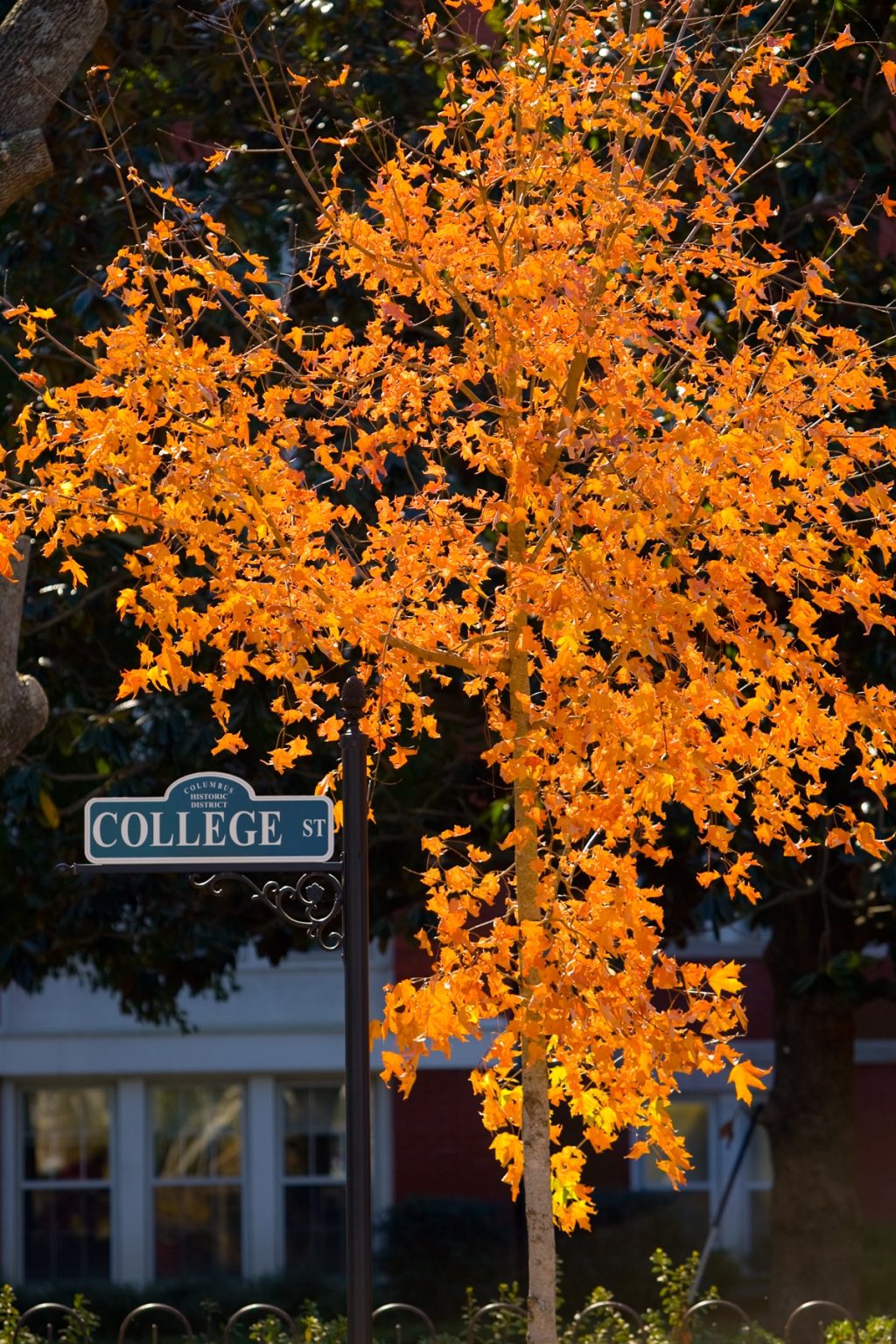
Everyone knows that graduate school can be expensive, and going into much debt to attain a degree in creative writing is rarely a wise investment. The W is committed to making the MFA in Creative Writing an affordable and attainable option. As a state sponsored university, The W is able to offer its graduate programs at a very competitive tuition, which is especially attractive to out-of-state students, since we do not charge an out-of-state fee.
Financial assistance for graduate students is available. Need-based scholarships are available each semester. We are also committed to providing financial counseling to students as part of the application process. Where financial assistance is available, we will try to help you find it. We will also work with students to craft a plan of study that meets their financial needs. It is possible to complete the program in two years by taking 12 hours per semester including the summer, though most students will take three years to complete the degree full-time. Part-time students may complete the degree in three or more years, depending on how many courses they take each semester and whether they are able to take classes during the summer. Our goal is to work closely with each student to determine a plan of study that works best with their finances and career goals.
